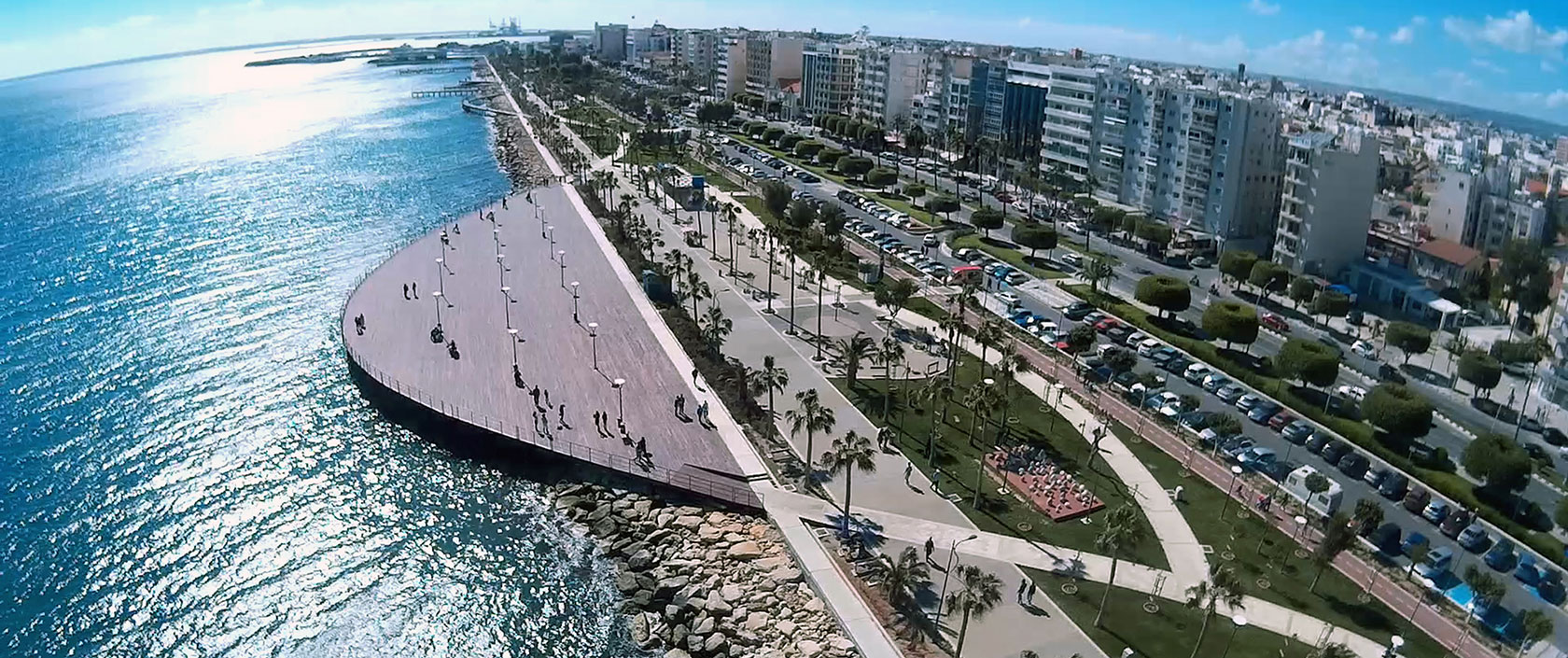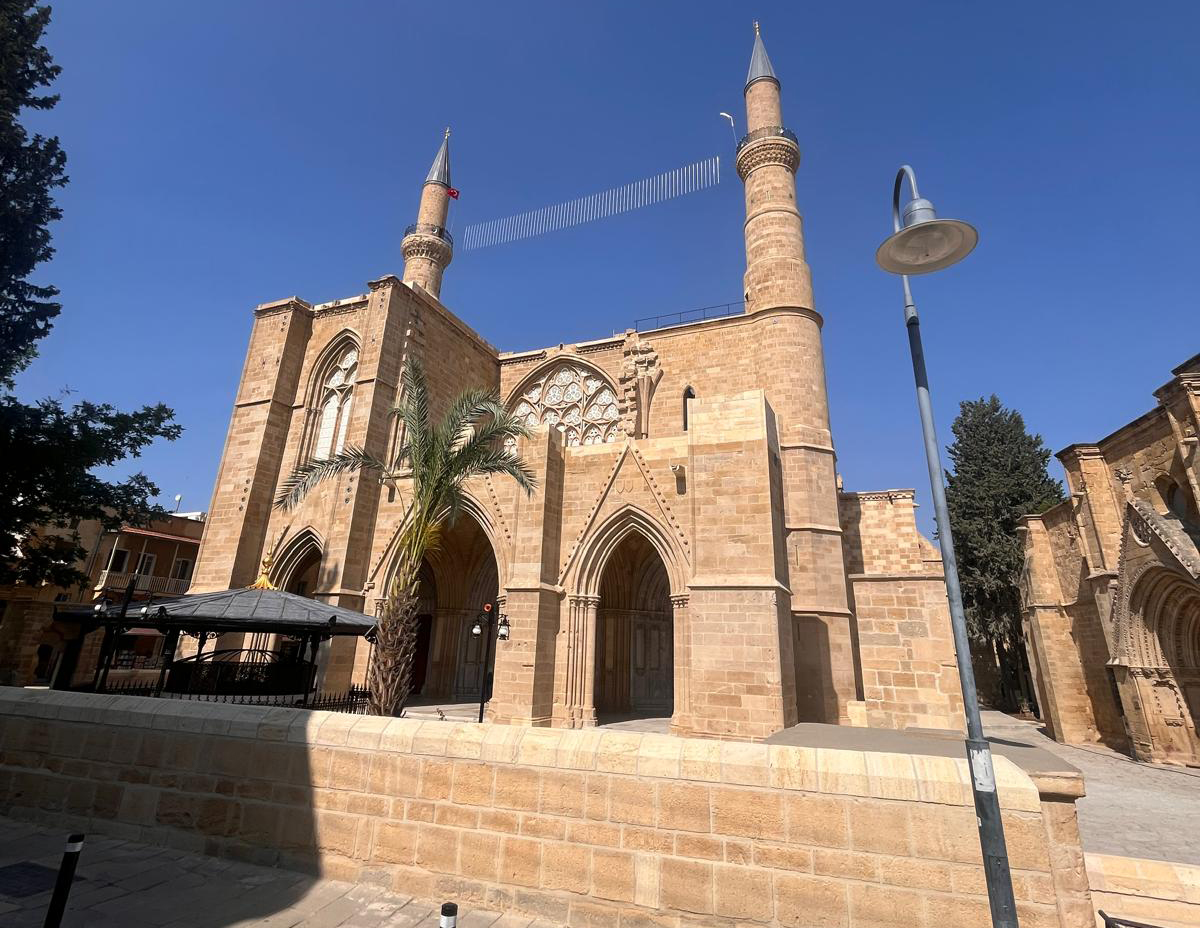The publication linked to Cyprus’ participation in the 19th International Architecture Biennale in Venice was withdrawn because the deputy culture ministry was referred to in the booklet without consent, Deputy Minister Vasiliki Kassianidou told the House education committee on Wednesday, however MPs spoke of political responsibilities and some called for Kassianidou’s resignation.
Arguments between Akel MPs Giorgos Loucaides and Christos Christofides on the one hand and Elam MP Sotiris Ioannou on the other were sparked by insinuations that Turkish interests were being served.
In her opening statement, Kassianidou said she had already requested a report on the conditions that led to the publication and refrained from answering certain questions until she had the full picture.
In a lengthy speech before the House education committee, Kassianidou said the authors did not have the right to list the deputy ministry of culture as a publisher.
Referring to the procedure leading up to the Cypriot kiosk at the Biennale, Kassianidou said a large part of the work was undertaken by the architects’ association, which began cooperating with the cultural services back in 2006, without a contract clearly stipulating the responsibilities of either side.
The eight-member selection committee for this year’s Biennale was chosen by the architects’ association, comprising six architects and two cultural officers from the deputy ministry.
On September 27, 2024, a call for proposals for participation in the Biennale was launched and five proposals were submitted, which the selection committee examined on November 27, 2024. Minutes supporting the choice were prepared on December 17, 2024.
Kassianidou said Cyprus’ participation focused on unrecognised manual building practices with a budget of €218,000, which included €7,900 for a catalogue that in the end cost €11,600.
The architects’ association had undertaken to manage €155,000 in expenses for the exhibition, travel expenses, documentation – including the controversial publication – and the promotion of Cyprus’ participation, while the cultural department was responsible for covering operational costs with a budget of €63,000.
As an academic with long-standing experience in publishing issues, both as an author and as an editor, the deputy minister said the declaration of any entity as a publisher requires the prior explicit and documented consent of the entity in question, following full information, examination of the material and, where required, evaluation and submission to scientific judgment and quality control procedures.
“From the review of our archives so far, there is no documented official written approval by the deputy ministry of culture to be listed as the publisher,” Kassianidou said.
As a result, she added, it creates confusion among the public regarding the official support, content approva, and policy of the deputy ministry, which is incompatible with the prescribed publication approval procedures.
“This is precisely the reason why I requested the withdrawal of the book in question, as the deputy ministry never consented to its inclusion as a publisher,” she said.
The book, written in the Cypriot dialect, details events of the 1974 Turkish invasion was withdrawn after Pavlos Mylonas raised concerns.
He accused the government of failing to properly oversee cultural funding and content.
Kassianidou said at the time the book was withdrawn because “this edition had never been given the approval of the deputy ministry and because it was discovered that it contained problematic references.” Her action to withdraw it was also backed by the president.
The association of visual artists and art theorists (Phytorio) condemned the government’s decision to withdraw a publication, calling it “a form of censorship” and warning of growing control over artistic expression.
Kassianidou said the deputy ministry would be strengthening the clauses regarding publications and other actions that request the use of the deputy ministry of culture logo and are produced for the purposes of state representation at international events.
In the discussion that followed, MPs said the political failure was discernible and the publication was unacceptable, while others said the country’s political issue was not threatened by the views of artists, but by voicing political positions in favour of partition and that the deputy ministry should have been aware of what was going on and was thus responsible for the situation that ensued.
Speaking after the meeting, Kassianidou expressed regret that discussions were focusing on the publication and not Cyprus’ presence at the Biennale.
She also said stepping down was not a solution.
Mylonas said that in a nutshell the deputy minister had said “they did not know and were not aware of anything around the matter”.
“We will await the investigation” results, he added.







Click here to change your cookie preferences